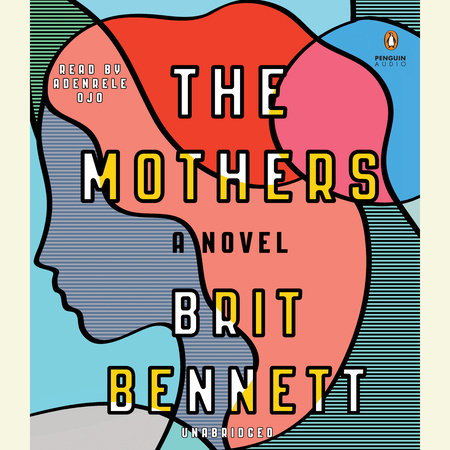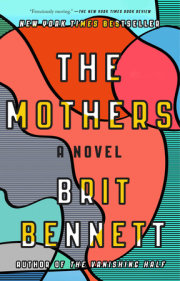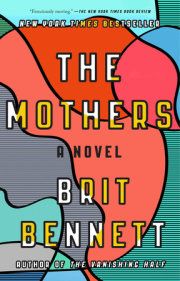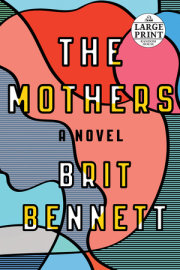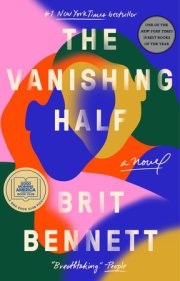In the darkness of the club, you could be alone with your grief. Her father had flung himself into Upper Room. He went to both services on Sunday mornings, to Wednesday night Bible study, to Thursday night choir practice although he did not sing, although practices were closed but nobody had the heart to turn him away. Her father propped his sadness on a pew, but she put her sad in places no one could see. The bartender shrugged at her fake ID and mixed her a drink and she sat in dark corners, sipping rum-and-Cokes and watching women with beat bodies spin on stage. Never the skinny, young girls—the club saved them for weekends or nights—just older women thinking about grocery lists and child care, their bodies stretched and pitted from age. Her mother would've been horrified at the thought—her in a strip club, in the light of day—but Nadia stayed, sipping the watery drinks slowly. Her third time in the club, an old black man pulled up a chair beside her. He wore a red plaid shirt under suspenders, gray tufts peeking out from under his Pacific Coast Bait & Tackle cap.
"What you drinkin’?" he asked.
"What're
you drinking?" she said.
He laughed. "Naw. This a grown man drink. Not for a little thing like you. I'll get you somethin’ sweet. You like that, honey? You look like you got a sweet tooth."
He smiled and slid a hand onto her thigh. His fingernails curled dark and long against her jeans. Before she could move, a black woman in her forties wearing a glittery magenta bra and thong appeared at the table. Light brown streaked across her stomach like tiger stripes.
"You leave her be, Lester," the woman said. Then to Nadia. "Come on, I'll freshen you up."
"Aw, Cici, I was just talkin’ to her," the old man said.
"Please," Cici said. "That child ain't even as old as your watch."
She led Nadia back to the bar and tossed what was left of her drink down the drain. Then she slipped into a white coat and beckoned for Nadia to follow her outside. Against the slate gray sky, the flat outline of the Hanky Panky seemed even more depressing. Further along the building, two white girls were smoking and they each threw up a hand when Cici and Nadia stepped outside. Cici returned the lazy greeting and lit a cigarette.
"You got a nice face," Cici said. "Those your real eyes? You mixed?"
"No," she said. "I mean, they're my eyes but I'm not mixed."
"Look mixed to me." Cici blew a sideways stream of smoke. "You a runaway? Oh, don't look at me like that. I won't report you. I see you girls come through here all the time, looking to make a little money. Ain't legal but Bernie don't mind. Bernie'll give you a little stage time, see what you can do. Don't expect no warm welcome though. Hard enough fighting those blonde bitches for tips—wait till the girls see your light-bright ass."
"I don't want to dance," Nadia said.
"Well, I don't know what you're looking for but you ain't gonna find it here." Cici leaned in closer. "You know you got see-through eyes? Feels like I can see right through them. Nothin’ but sad on the other side." She dug into her pocket and pulled out a handful of crumpled ones. "This ain't no place for you. Go on down to Fat Charlie's and get you something to eat. Go on."
Nadia hesitated, but Cici dropped the bills into Nadia's palm and curled her fingers into a fist. Maybe she could do this, pretend she was a runaway, or maybe in a way, she was. Her father never asked where she'd been. She returned home at night and found him in his recliner, watching television in a darkened living room. He always looked surprised when she unlocked the front door, like he hadn't even noticed that she'd been gone.
Copyright © 2016 by Brit Bennett. All rights reserved. No part of this excerpt may be reproduced or reprinted without permission in writing from the publisher.

